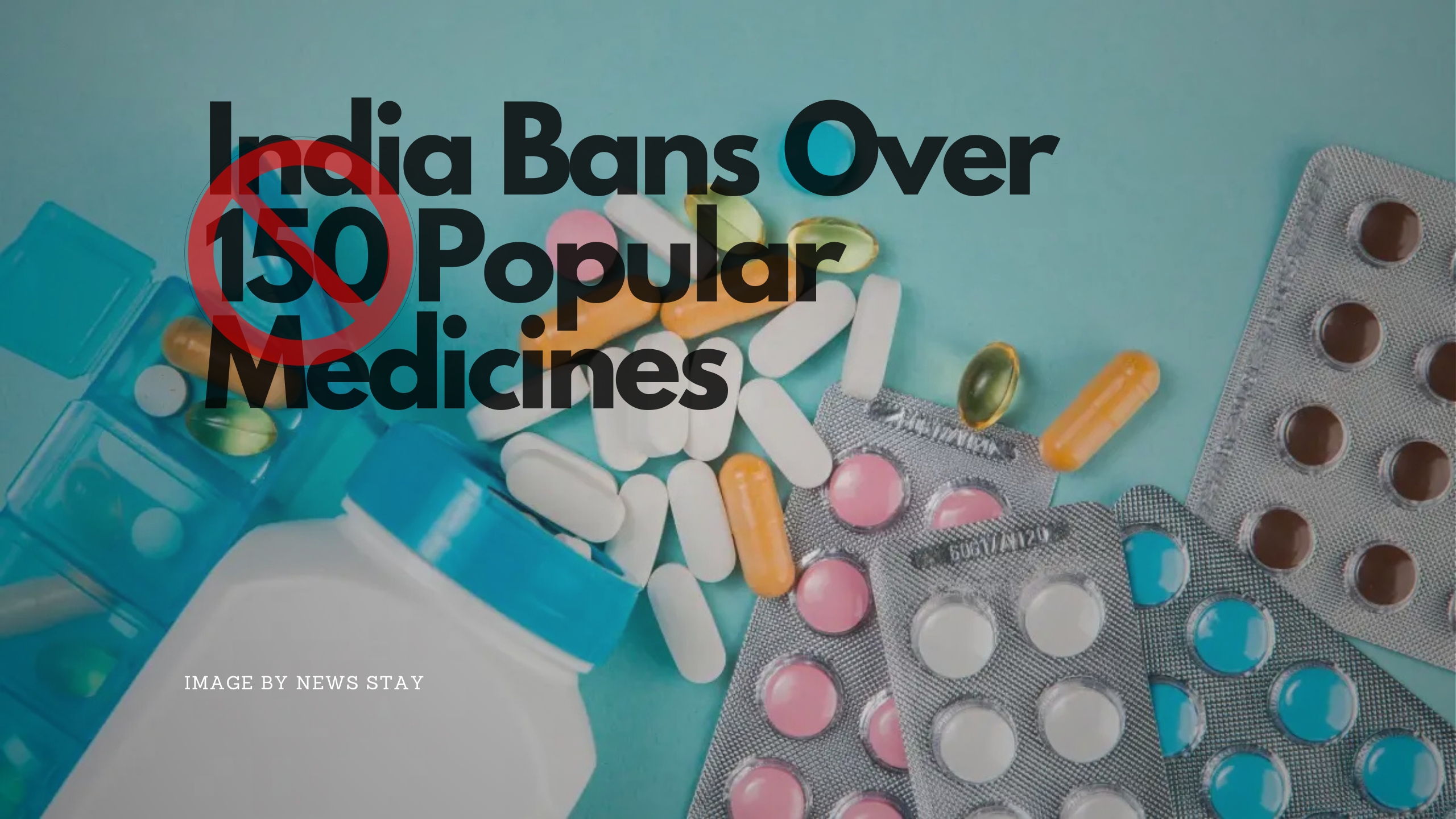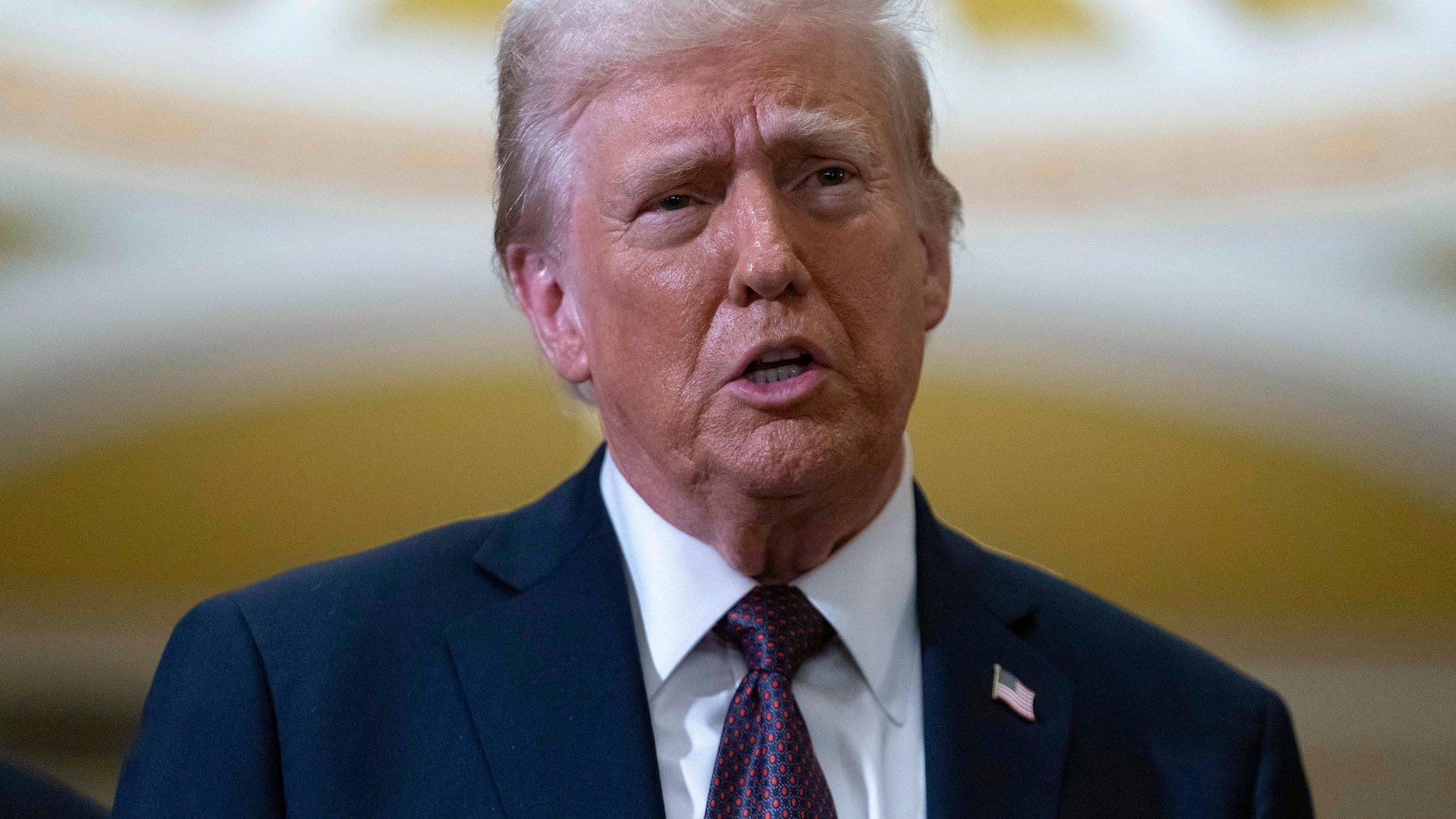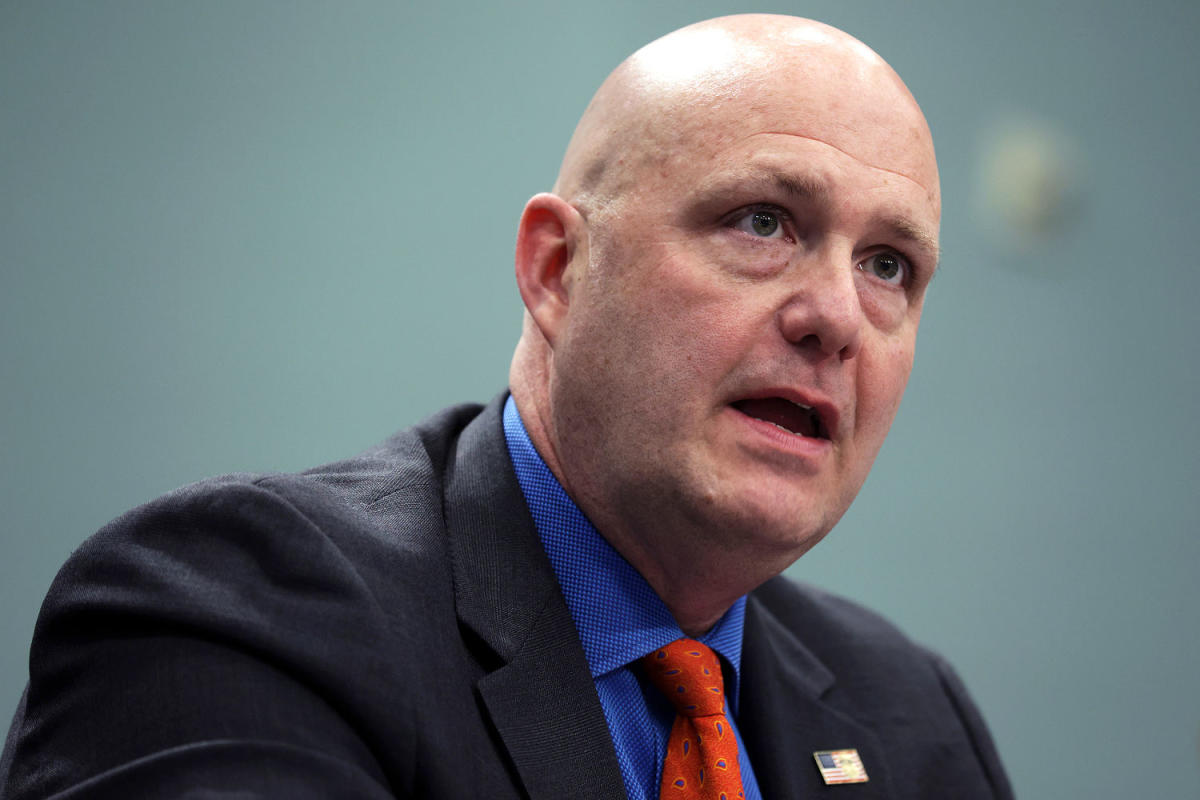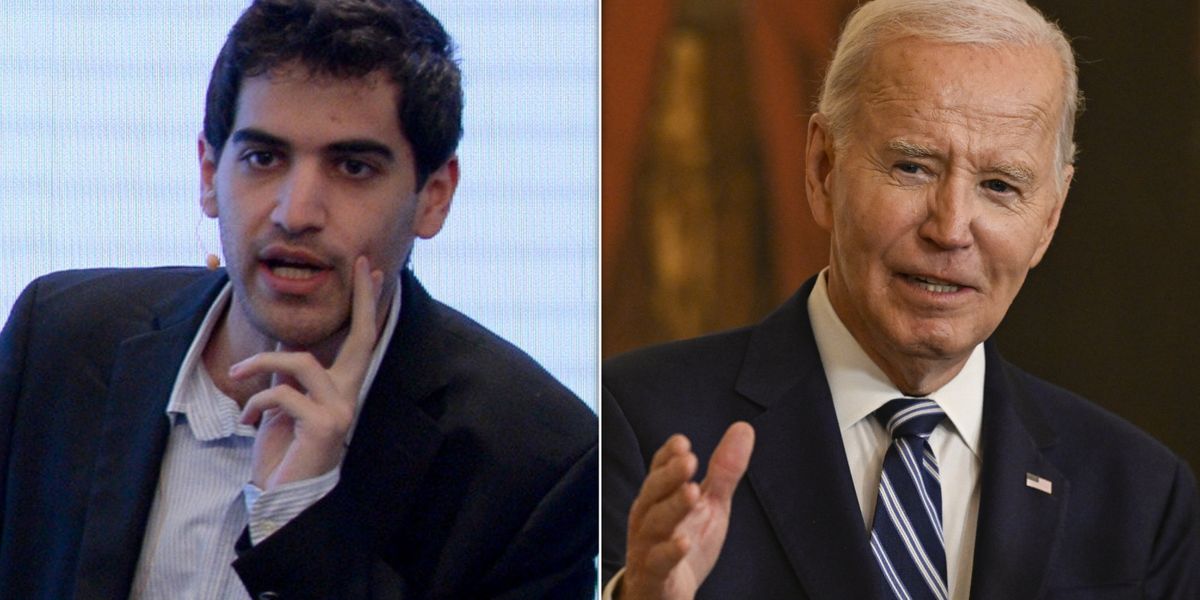Ban on Medicines in India: A Step Toward Safer Healthcare
In a significant move aimed at ensuring public safety, the Indian government recently prohibited the sale of over 150 medicines. This decision focuses on Fixed-Dose Combination (FDC) drugs, including household names like Crocin, Vicks, and Dolo 650, which have long been staples in Indian homes.
In a significant move aimed at ensuring public safety, the Indian government recently prohibited the sale of over 150 medicines. This decision focuses on Fixed-Dose Combination (FDC) drugs, including household names like Crocin, Vicks, and Dolo 650, which have long been staples in Indian homes.
What Led to the Ban?
The government’s decision followed recommendations from the Drugs Technical Advisory Board (DTAB) and other regulatory bodies. These authorities identified several FDC medicines as having questionable efficacy or posing risks that outweighed their benefits. Additionally, a lack of adequate scientific trials raised red flags about the safety of many of these combinations.
Prominent brands, including Crocin Cold & Flu, Vicks Action 500 Extra, and Dolo 650, are among the banned medicines. These drugs were often used to treat common conditions like fever, colds, and headaches, making the ban a significant shift for consumers.
Implications for Consumers and the Pharmaceutical Industry
For households, this ban means a reevaluation of their go-to remedies for everyday ailments. Doctors and pharmacists now advise patients to consult medical professionals before switching to alternatives. The ban also sends a strong message to the pharmaceutical industry, emphasizing the need for rigorous clinical trials and adherence to regulatory standards.
While this decision may inconvenience consumers in the short term, it reflects a broader commitment to public health and safety. Experts believe that promoting scientifically validated drugs will build greater trust in healthcare systems and ensure better patient outcomes.
Conclusion
The ban on over 150 FDC medicines is a landmark step by the Indian government to address long-standing concerns about drug efficacy and safety. While the move has sparked debate, it underscores the importance of scientific validation in ensuring public health. As the industry adapts to these changes, consumers must prioritize professional medical advice over self-medication.
Stay informed about health updates and policy changes impacting your well-being.







Leave a Reply